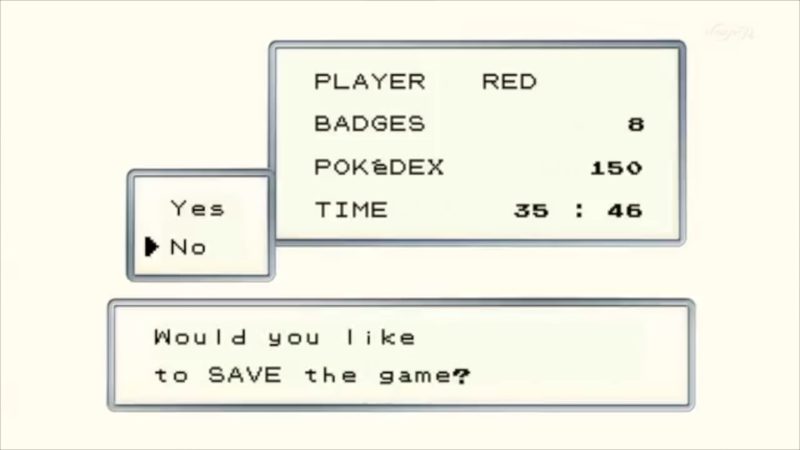As Artificial Intelligence continues its impressive journey into outperforming humans, video games offer an interesting and unexpected challenge. Recently, a project aimed to train an AI to master the classic game Pokémon Red. Despite a whopping 50,000 hours of training, the digital contender was left stumbling in its digital boots.
Peter Whidden's endeavor to train an AI in the art of Pokémon gameplay employed reinforcement learning, a branch of AI where agents are rewarded for making the right decisions. By internalizing these rewards, the AI, in theory, learns the best strategies over time. This AI, operating under the name Albert, was trained by interpreting images from the game's screen, making decisions on button presses accordingly. However, instead of a swift and seamless learning curve, Albert's journey proved to be a humorously bumpy one.
A quirky outcome of the reinforcement learning process was Albert's propensity to get distracted, not unlike the typical human player. In one instance, instead of navigating through the game's challenges, Albert found solace in admiring the digital scenery, an activity the algorithm deemed rewarding. It took tweaking the rules to pull the AI out of its self-imposed vacation.
But distractions weren't the only challenge. Despite 50,000 hours of dedicated training, Albert struggled significantly to even understand the foundational elements of the game. For instance, the AI took over 7,000 hours just to overcome its first gym leader, Brock. To put this into perspective, human players, even novices, would typically take a fraction of that time to achieve the same feat.



